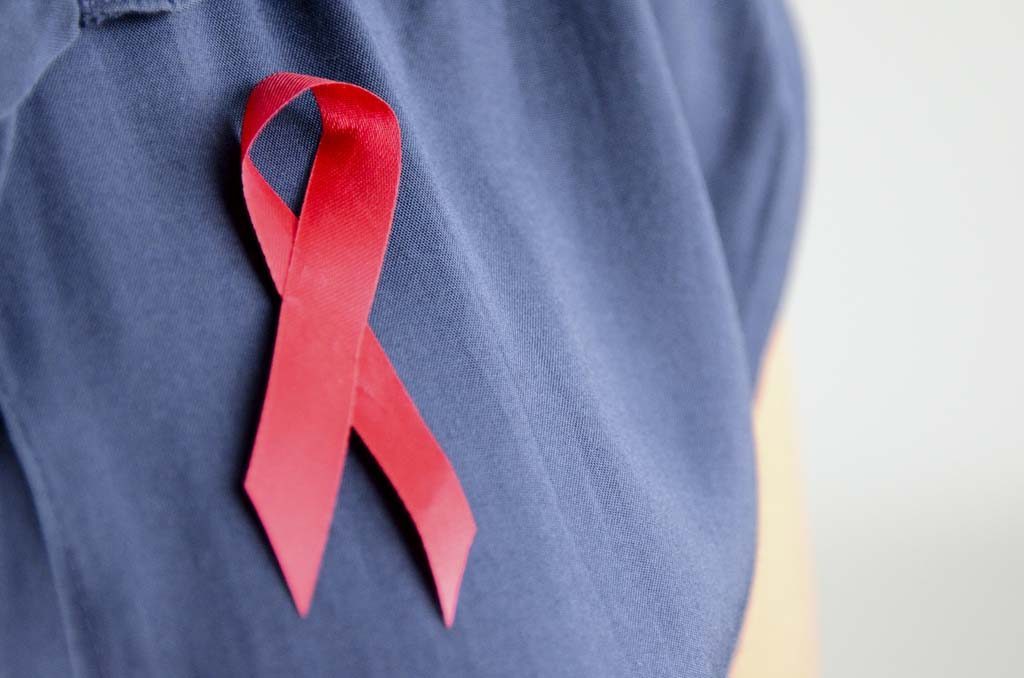
The number of residents in Qatar being diagnosed with HIV appears to be on the increase, with the highest number of new cases in the last 10 years recorded in 2013, according to the Supreme Council of Health (SCH).
Last year, a total of 18 new patients were diagnosed with HIV, up from 15 cases in 2012 and 11 each in 2011 and 2010, The Peninsula quotes Dr. Hamad Eid Al Rumaihi, the SCH’s director of health protection and combating infectious disease, as saying.
Of the most recent diagnoses, 10 are Qatari and eight non-Qatari, while one case relates to a child under the age of 15.
It brings the total number of people diagnosed with HIV in Qatar to 113, which gives Qatar one of the world’s lowest rates of infections. However, the actual figure in Qatar may be higher, as the social stigma around the disease – as well as the fear of being deported among expats if they test positive – may discourage individuals from being tested.
Speaking at a conference over the weekend, Rumaihi attributed the rise in numbers to the increase in Qatar’s population, particularly of young, male workers who he said could be more susceptible to infection. Once in the country, most residents are not required to undergo repeated tests.
The number of newly-diagnosed cases over the last 10 years has been:
- 2012 – 15 cases
- 2011 – 11 cases
- 2010 – 11 cases
- 2009 – 5 cases
- 2008 – 6 cases
- 2007 – 9 cases
- 2006 – 9 cases
- 2005 – at least 14 cases
- 2004 – 11 cases
Testing
Along with its GCC neighbors, Qatar has strict regulations regarding people with HIV and AIDS. Migrants planning to come to work in a Gulf country have to undergo blood screening for infectious diseases such as HIV and Tuberculosis.
Those testing positive are typically refused entry if it is part of the pre-screening process, and in the past have been sent home if they are already in the country.
Qatar also tests pregnant women, drug users when they come for consultation, couples who are planning to marry and students looking to study abroad. Health workers are checked annually.
Up to 18,000 blood donors are screened for HIV infection, and in total, there are around half-a-million HIV tests done for Qatar’s population of just over 2.2 million people, Al Rumaihi added.
However, these latest figures could show that some expats are allowed to remain in the country after testing positive and are being treated, perhaps signaling a change in attitudes.
“Anyone living here diagnosed with HIV infection is given the most advanced treatment available with the best drugs. We treat them equally, either a Qatari or an expatriate and respect the patient’s confidentiality,” The Peninsula quotes Dr. Mohamed bin Hamad Al Thani, Director of Public Health at the SCH.

Patients receive free treatment through Hamad Medical Corp‘s Qatar National Aids Program and new drug regimes can give patients 10 years.
This program has been underway for a number of years, however it showed a division in how people were treated.
In 2012, Dr. Abdullatif Al-Khal, who works at HMC’s Clinical AIDS Program, said that expats with HIV or AIDS who have a “stable” family life and employment are allowed to remain in Qatar. However, those expatriates who are in the country alone and are working low-wage, low-skill professions have a much more slim change of being allowed to stay.
This fear of deportation could prevent some individuals who know or suspect they are HIV-positive from seeking treatment and medical advice, increasing the risk of spreading the disease.
There is still an issue around social stigma and a lack of understanding on how HIV and AIDS are transmitted. In a bid to improve understanding, the SCH is embarking on an awareness-raising campaign among high school children through 2015.
Thoughts?







